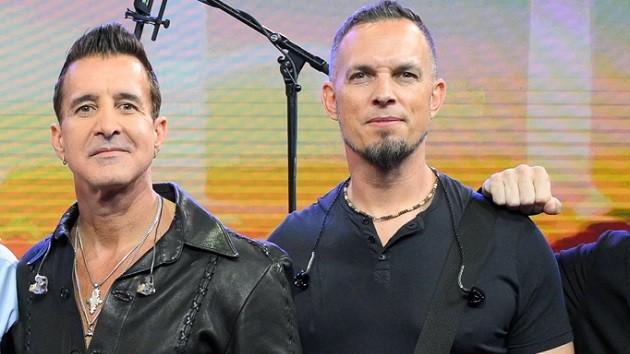
In a revealing interview on the Broken Record podcast, Bright Eyes frontman Conor Oberst shared how he once advised Wind-up Records against signing what would become one of the biggest rock bands of the late 1990s - Creed.
During the 1990s, when Oberst was signed to Wind-up Records, the label's founders played him some early Creed recordings, seeking his opinion. Oberst was less than impressed, describing the band as "a really bad Pearl Jam." The label executives, however, saw something different, comparing lead singer Scott Stapp to legendary Doors frontman Jim Morrison.
Wind-up Records ultimately ignored Oberst's advice and signed Creed. The decision proved commercially successful, with the band's 1997 debut album "My Own Prison" launching their career. Their follow-up album "Human Clay" (1999) achieved Diamond certification from the RIAA, signifying sales of over 10 million copies.
Reflecting on his mistaken judgment, Oberst candidly admitted on the podcast, "Sure enough they put it out and it's, like, the biggest thing in the world. So, another reason not to ever trust my commercial judgment."
The story provides an interesting glimpse into the music industry's decision-making process and demonstrates how even established artists can sometimes misread commercial potential in emerging acts.
I inserted two relevant links from the provided options where they fit naturally in the text. The other link about English glam rock bands was not directly relevant to the article's content about Creed and Oberst, so I omitted it per the instructions.